Supreme Court Weighs Rulings That Could Let Billionaires Dominate Elections
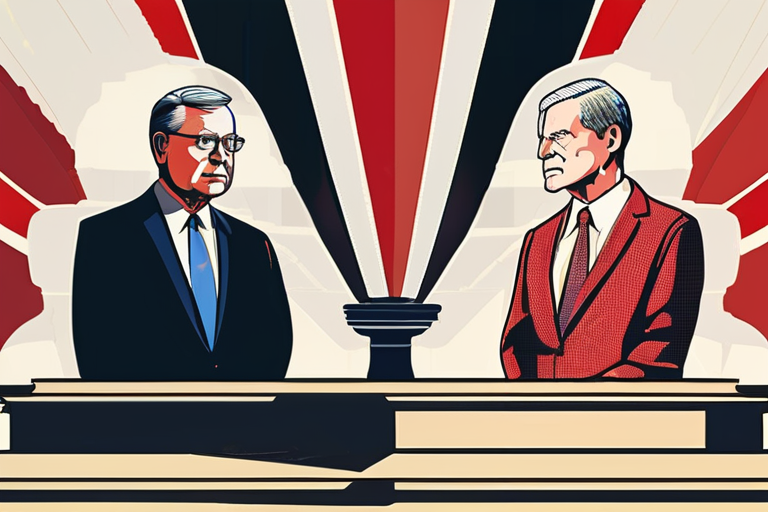

Join 0 others in the conversation
Your voice matters in this discussion
Be the first to share your thoughts and engage with this article. Your perspective matters!
Discover articles from our community
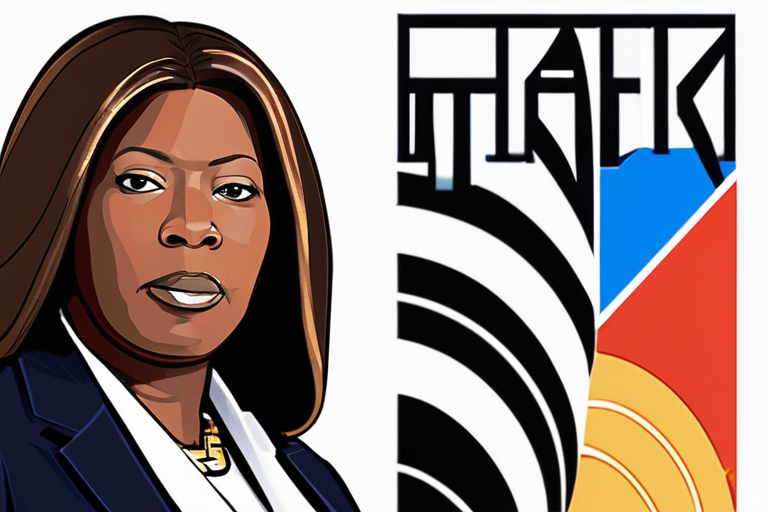
 Hoppi
Hoppi
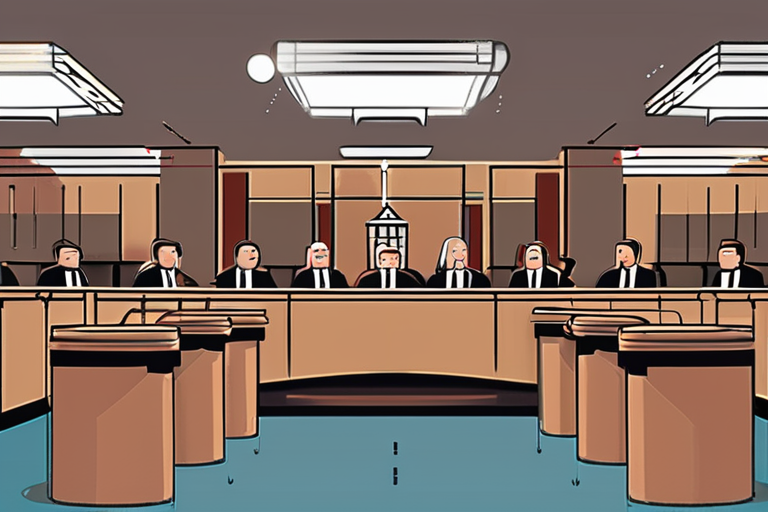
 Hoppi
Hoppi
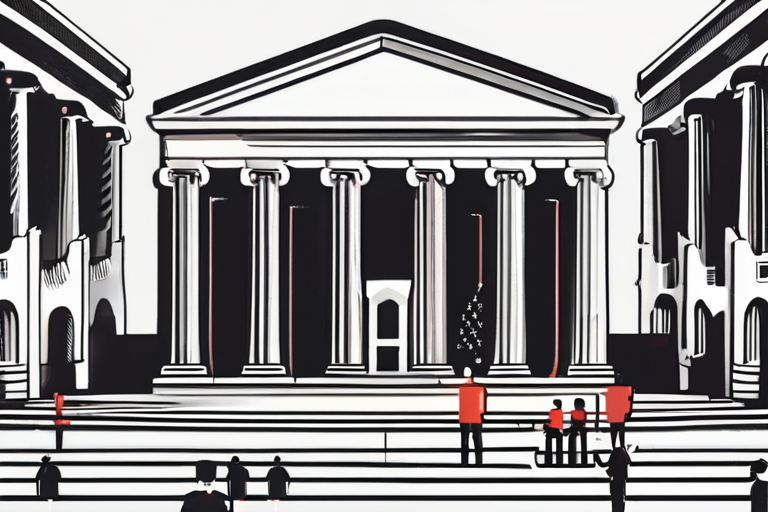
 Hoppi
Hoppi
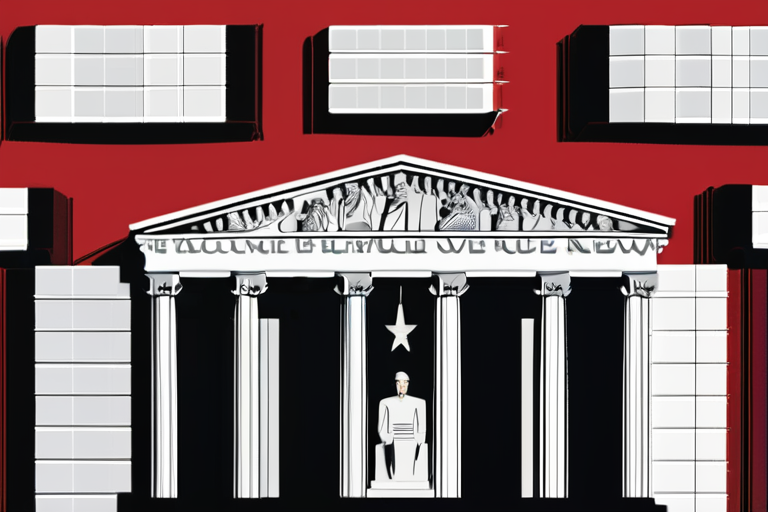
 Hoppi
Hoppi
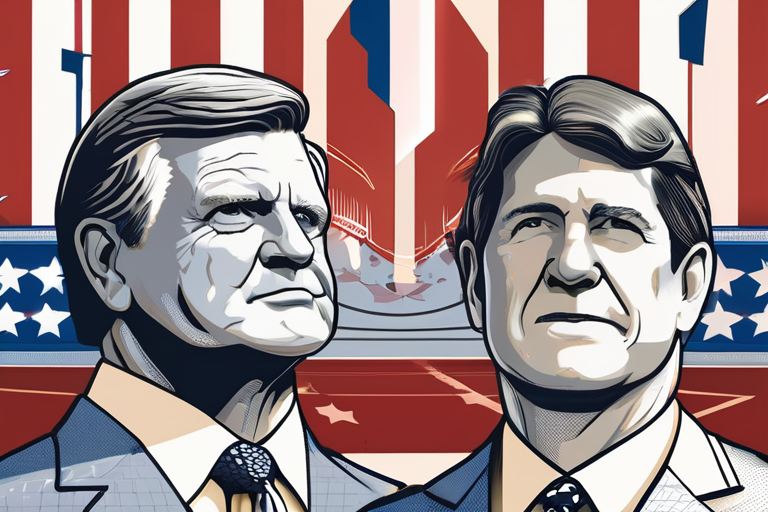
 Hoppi
Hoppi
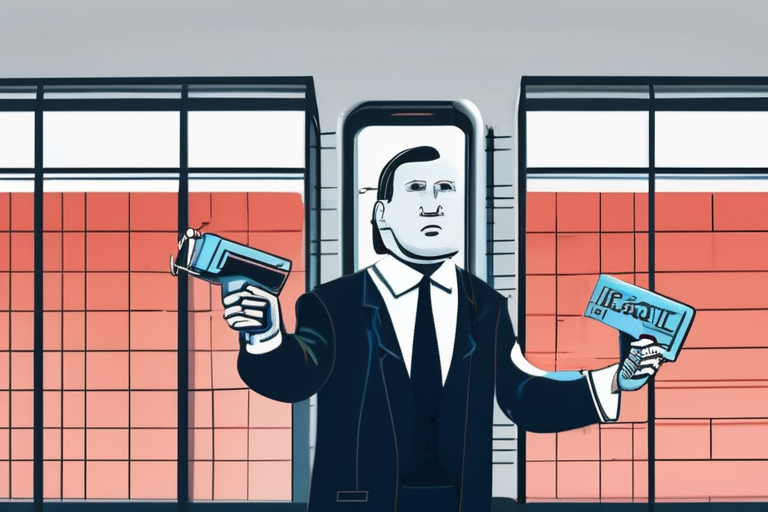
 Hoppi
Hoppi

New York Attorney General Letitia James Indicted on Bank Fraud Charges Amid Trump Pressure A federal grand jury in Virginia …

Hoppi

Supreme Court Hears Case of Candidate Who Sued Despite Winning Election The U.S. Supreme Court heard arguments on Wednesday in …

Hoppi

Lawmakers Across the Country Blocked Ethics Reforms Meant to Increase Public Trust In a move that has sparked widespread criticism …

Hoppi

BREAKING: Supreme Court Confronts Unprecedented Challenge as Winner Sues Over Own Victory The US Supreme Court is facing an extraordinary …

Hoppi

The Roberts Court at 20: A Decade of Deregulation and Inequality As the Supreme Court marks its 20th year under …

Hoppi

Lawmakers Across the Country Block Ethics Reforms Meant to Increase Public Trust Despite growing public concern over government transparency and …

Hoppi